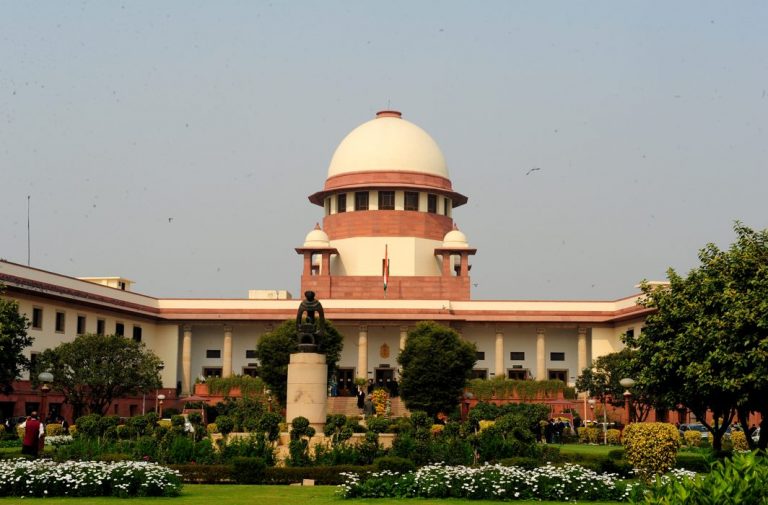
In Hemkunwar Bai vs Sumer Singh and Ors the Supreme Court on 25.09.2019 held that the witnesses to documents such as Sale Deeds and Wills need not necessarily know what is contained in them.
The plaintiff in the suit had prayed for a declaration that she be declared to be the owner in possession of the suit property and also prayed that was contended that the two sale-deeds and the Will in favour of defendants are sham and fraudulent documents and not binding upon her.
The appeal before Justices Deepak Gupta and Aniruddha Bose challenged the judgment of the High Court whereby it had reversed the judgment and decree of the Trial Court decreeing the suit of the plaintiff. After the death of Devisingh, the original owner of the suit property, it was mutated in favour of his widow Ratankuwarbai in terms of the Madhya Pradesh Land Revenue Code.
Ratankuwarbai executed two sale-deeds in favour of her nephews – Manohar Singh and Sumer Singh. Ratankuwarbai expired on 21.07.1995. Soon thereafter, on 18.09.1995 Hemkuwarbai filed a civil suit for declaration that the two sale-deeds and the Will are sham and fraudulent documents and not binding upon her. She claimed to be in possession of the property and she prayed for a declaration that she be declared to be the owner in possession of the suit property and also prayed that the respondents be injuncted from interfering in her possession. The main issue was whether Ratankuwarbai, who was an illiterate lady and suffering from cancer, executed the documents or not. The witnesses did not know what is contained in the documents.
The Court observed that “the sub-Registrar concerned had read out the subject matter of the three documents in short to Ratankuwarbai.” So they were aware of the nature of documents and transfer of consideration.
Since the matter was in second appeal, Supreme Court chose not to interfere with the findings of the High Court, especially when the High Court took one of the two possible views in the given set of facts and circumstances.
–India Legal Bureau

